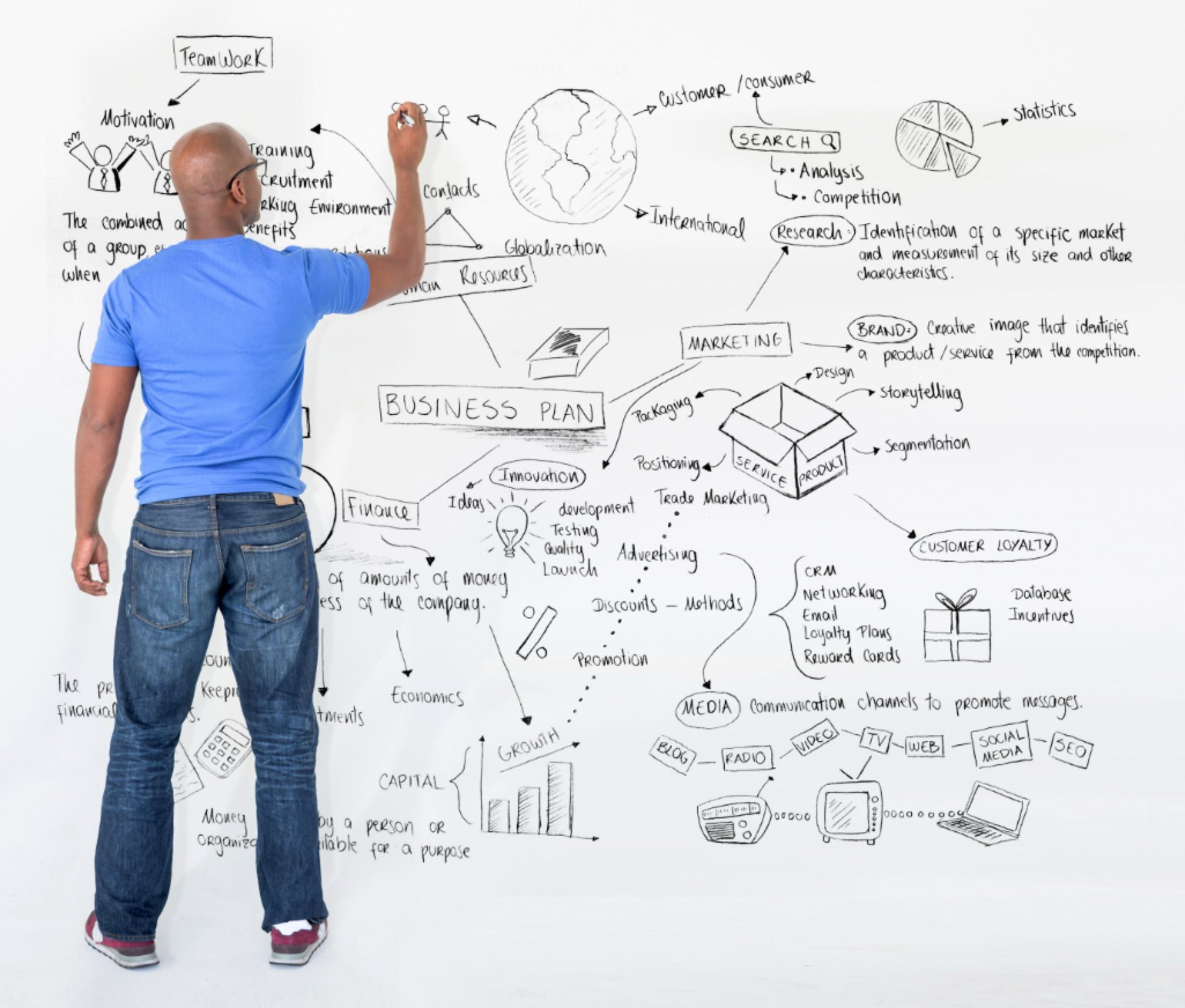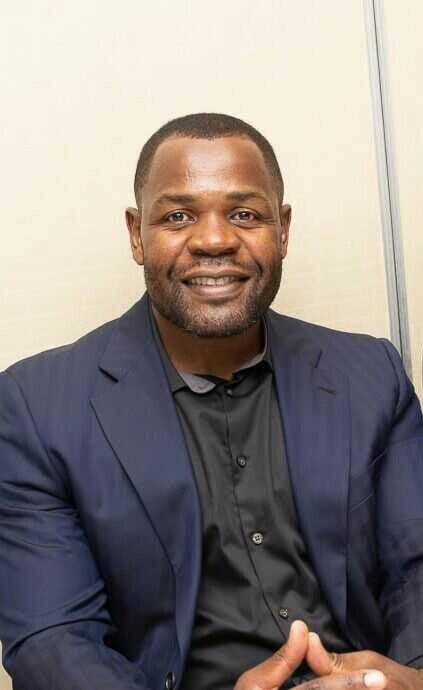About Us
AI agents are transforming healthcare, banking, cloud services, and beyond. agile Innovation Labs delivers cutting-edge strategies to transform your business using automation, efficiency, and innovation.
Our mission is to democratize access to advanced agent systems by combining business strategy with organizational innovation, making practical AI capabilities accessible and actionable for forward-thinking organizations. We believe that transformative AI shouldn't be limited to tech giants.

Services
Overview of Our Services

Custom AI Agents
We design and build AI Agent workflows tailored to your organizational challenges. Whether a single AI Agent or a Multiagent systems (MAS), the results are far reaching -- from reduce complexity to expanded capabilities.
Our Approach
- Needs Assessment
Deep analysis of business requirements and operational workflows. - Agent Architecture Design
Strategic mapping of agent types, interactions, and information flows. - Custom Development
Purpose-built agent systems utilizing industry-leading frameworks. - Integration Engineering
Seamless connection with existing business systems and processes.
Select Agent Types
- Document Processing Agents
Automate extraction, analysis, and routing of information from unstructured documents. - Customer Interaction Agents
Enhance customer touchpoints with intelligent, context-aware assistance. - Research & Analysis Agents
Transform raw data into actionable insights through automated collection and analysis. - Decision Support Agents
Augment human decision-making with AI-powered recommendation systems.

Organizational Innovation
We help organizations identify opportunities, prepare for implementation, and measure the impact of AI-Powered transformation across the enterprise.
AI Readiness Assessment
Evaluate organizational capabilities, infrastructure, data assets, and cultural preparedness.
Transformation Strategy
Develop comprehensive roadmaps for AI-powered business evolution.
Learning & Development
Prepare teams for successful adoption of AI Agents in their organization through in context education and engagement.
Performance Framework Development
Establish metrics and feedback mechanisms to quantify business impact.

Business Strategy
Leveraging advanced AI research capabilities, we develop targeted business strategies that help your company navigate and thrive in today's challenging economic landscape.
Market Intelligence
AI-powered competitive landscape analysis and opportunity identification.
Strategic Planning
Data-driven approach to strategy development and execution planning.
Risk Assessment
Proactive identification and mitigation of strategic risks.
Performance Monitoring
Continuous measurement of strategic outcomes with adaptive optimization.Learning Center
Open Source • Building in Public • Blogs

Learning Center
This Learning Center represents our strong commitment to democratizing access to advanced AI concepts, as we believe that knowledge should be shared freely to foster innovation and growth.
Here are our learnings from recent projects, conference presentations, and just tinkering, where we have delved into various aspects of AI development and innovation. Through these experiences, we have gained valuable insights into the latest trends and breakthroughs in AI technology. We offer access to these cutting-edge perspectives on AI agent architecture and implementation strategies, ensuring that these advanced concepts are available to everyone without financial barriers to entry.
We believe that by openly sharing our expertise, case studies, and lessons learned, we can help organizations of all sizes begin their AI transformation journeys with confidence. Whether you're looking to understand the fundamentals of agent design or seeking advanced implementation strategies, our curated resources provide the guidance needed to navigate the complex landscape of business-focused AI solutions.

Product Discovery Canvas
Thoughts from Back in 2015
At agile Innovation Labs, we coach clients to approach product development efforts with dedicated time for product discovery. We guide them to apply elements of Collaborative Chartering, Customer Discovery, User Story Mapping, Pretotyping and Lean Startup.
We have been inventing on, experimenting with, and sharing insights on a product discovery ideation tool called “The Product Discovery Canvas”. You have the option of visiting the Blog pages for insights on how to apply the canvas for your product discovery success. Or fast-track your success and bring our workshop on-site, tailored for your organization’s product discovery challenges.
Projects
Featured Projects
"agile Innovation Labs transformed our product discovery process, reducing time-for-discovery by 60% while improving cross-team collaboration."
~ Muzi Mtetwa, Founder at Ready Insights
- A team of AI Agents mob programming for a fintech startup
- AI Agents Brainstorming in a Collaborative Chartering Workshop
- AI-powered DevOps Training Platform
- Workshop: AI in Education - Guiding students to be Super Learners.
Team
Get in Touch with Our Expert Consultants

Principal Consultant
Bill Allen
Bill is a seasoned software developer, consultant, startup founder, and mentor with extensive experience in mobile and AI app development. His extensive experience spans decades, from early days as an assembler programmer at Sears Roebuck & Co. to over two decades consulting for major financial exchanges in Chicago. As a startup founder, he has leveraged AI to create an 'agentic software team'.
Ask him about his 'teams' of AI Agent Junior Engineers and the mob/vibe coding sessions they accomplish.
With his deep understanding of Product Discovery and his expertise in guiding software development teams, Bill is uniquely positioned to lead the development of sophisticated AI agents. His blend of technical expertise, industry insight, and passion for mentoring the next generation of engineers makes him an ideal leader for this endeavor.

Senior Consultant
Demetra Crowder
Demetra is a seasoned business professional with over 30 years of experience in finance, intellectual property tech transfer, and business operations. Her unique blend of expertise in managing complex business processes and facilitating technology transfer for a major university positions her as a strategic Senior Consultant in the development of AI agents.
By leveraging a deep understanding of operational efficiency and innovation, Demetra is well-equipped to guide organizations in harnessing AI solutions to enhance their business operations and drive growth.

Principal Consultant
Muziwami Mtetwa
Muzi is a distinguished Principal Consultant, bringing a unique blend of technical expertise and economic insight to the AI Agent innovation. With a strong foundation in software engineering and currently pursuing a PhD in Economics, Muzi leverages his comprehensive understanding of social dynamics, economic growth, finance, and regulatory compliance to drive the creation of sophisticated AI solutions.
Muzi's expertise empowers organizations to harness the full potential of AI, ensuring that their technological advancements are both innovative and strategically aligned with economic realities.

Consultant
Simone Allen
Simone brings a lauded education in liberal arts and writing to the development of AI agents. She is uniquely positioned to craft engaging narratives and dialogue for AI systems, leveraging her expertise in language and communication to create more human-like interactions. Her experience in writing , voice acting, and fluency in Spanish enable her ability to seamlessly integrate creative storytelling with technical AI applications, making her an ideal collaborator for projects requiring both artistic flair and technical precision.
Simone's role as a Consultant involves developing AI content, refining AI dialogue, and ensuring that AI agents communicate effectively and empathetically with users.
Are You Ready to Transform Your Business with AI?
Discover how our custom AI agents can address your specific business challenges and deliver measurable results.

